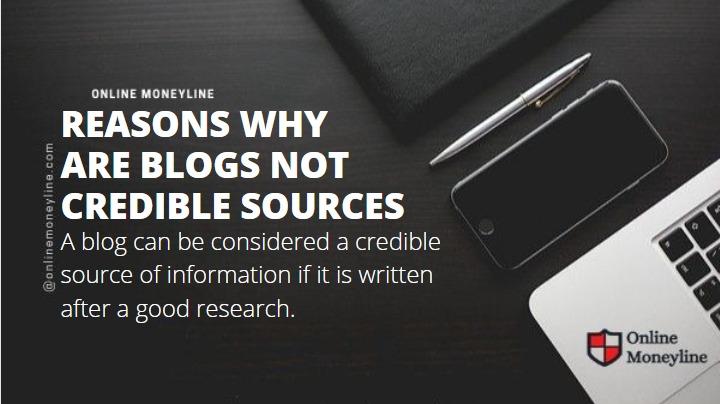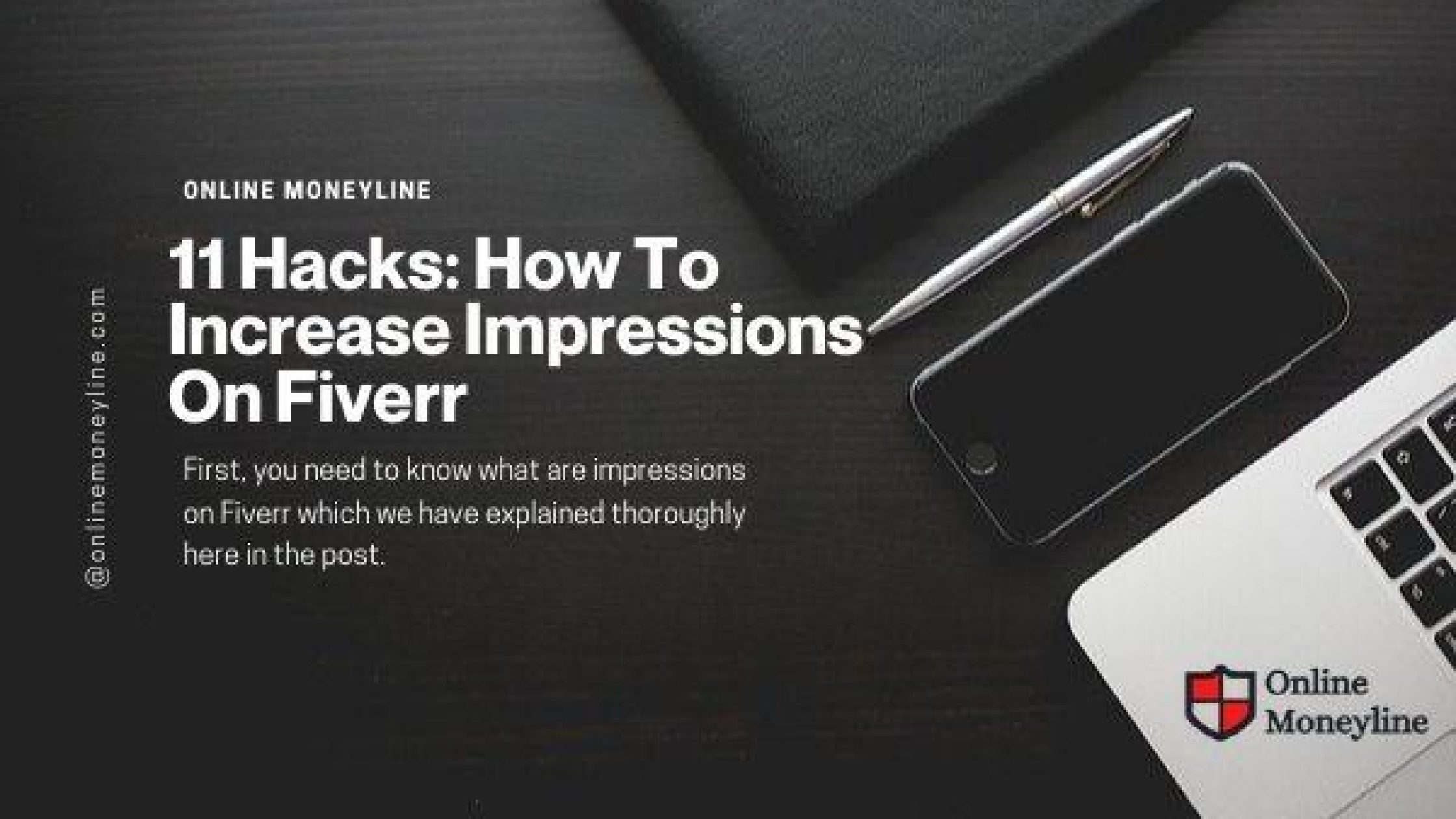A blog can be considered a credible source of information if it is written after a good research.
Blogs are regarded as dubious scholarly sources because many of them are extremely opinionated and may lack the professionalism expected of a scholarly source.
The majority of blogs are not reliable sources; however, you can demonstrate that a blog is a reliable source by carefully evaluating it.
You will need to verify the author’s credentials to ensure that they have expertise in it or not.
Always check for excess ads as well as overly promoted advertisements. When it comes to journals and books, they go through a rigorous review and editing procedure before they can be considered reputable resources.
There are no restrictions on the number of blogs that may be created, and there is also no fact-checking organization that checks each piece of content on an individual basis.
I. List of Reliable blogs
- Help Scout blog [Customer Support]
- Digital Photography School [Digital Photography]
- Freshome [Interior Design/Architecture]
- PsyBlog [Social Psychology]
- NerdFitness [Exercise/Physical Fitness]
- 1stWebDesigner [Web Design]
- TinyCartridge [Portable + Retro Gaming]
- What I Wore [Personal Style]
- Nature Mom’s Blog [Natural Living + Family Life]
- AutoBlog [Automobiles]
- Art Of Manliness [Men’s Lifestyle]
- StudyHacks [School & Career Success]
- FarmVille Freak [FarmVille]
- Cute Overload [Baby Animals & Pets]
- Supersonic Art [Art & Art Culture]
- Stereogum [Indie & Alternative Music]
- WPBeginner [WordPress Tutorials]
- Skepchick [Atheism + Secularism]
- DeSmogBlog [Environment & Pollution]
- Listverse [Random Top 10 Lists]
- Smitten Kitchen [Personal Cooking]
- Canvas of Light [Travel + Photography]
- Yoga Dork [Yoga]
- Eat, Sleep, Draw [Drawing]
- Fluent In 3 Months [Language Learning]
- Make [DIY Projects]
- Ray Wenderlich [iOS & iPhone Development]
- Arseblog [Arsenal Soccer]
- ThreadBanger [Knitting + DIY Fashion]
- The Brothers Brick [Lego & Lego Creations]
- Nomadic Matt [Frugal Traveling Tips]
- Articles of Style [Men’s Fashion]
- Phil Galfond [Poker]
- Lil Wanye HQ [Lil’ Wayne]
- Expert Enough [Skill Acquisition]
- Money Saving Mom [Budgeting + Personal Finance]
- PSD Tuts+ [Photoshop Tutorials]
- Audio Tuts+ [Audio Production Tutorials]
- Cats Who Code [Code + Web Development]
- Garfield Minus Garfield [Humor]
- Universe Today [Space & Astronomy]
- Pretty Much Amazing [Independent & Trendsetting Music]
- Ecoki [Green Lifestyle / Eco-Lifestyle]
- Sirlin.net [Competitive Gaming & Game Design]
- Dread Central [Horror Movies]
- Reality Tea [Reality Television Stars]
- Startup Quote [Images + Quotes]
- ZenHabits [Minimalism + Personal Development]
- Goins, Writer [Writing]
- This Song Is Sick [Hip-Hop & Dance Music]
- The Huffington Post
- Boing Boing
- Techcrunch
- Kottke
- Dooce
- Perezhilton
- Talking points memo
- Icanhascheezburger
- Beppe Grillo
- Gawker
- The Drudge Report
- Xu Jinglei
- Treehugger
- Microsiervos
- TMZ
- Engadget
- Marbury
- Chez Pim
- Basic thinking
- The Sartorialist
- Students for a free Tibet
- Jezebel
- Gigazine
- Girl with a one-track mind
- Mashable
- Greek tragedy
- Holy Moly
- Michelle Malkin
- Cranky flier
- Go fug yourself
- Gaping void
- Dirtydirty dancing
- Crooked timber
- Beansprouts
- The offside
- Peteite Anglaise
- Crooks and liars
- Chocolate and Zucchini
- Samizdata
- The daily dish
- The F word
- Jonny B’s private secret diary
- Popjustice
- Waiter rant
- Hecklerspray
- WoWinsider
- Angry black bitch
- Stylebubble
- AfterEllen
- Copyblogger
List creation courtesy and sources: Guardian.co.uk & wikitrans.net
II. Ways to distinguish a good source from a bad source
4 ways to differentiate a good source from a bad source
- Make sure the domain name is correct
- Check the source
- Find more evidence to support your findings
- Only use a specific source for further investigation
Well-written research papers constitute a portion of most school courses and the quality of your papers must be as good as the research itself.
Internet research is a credible source and readily available than ever before.
01. Individual blogs, online forums, chat rooms, etc
Like Wikipedia, the availability of personal websites and chat rooms in reputable sites may provide a lot of guidance to the new bloggers.
02. Wikipedia
Wikipedia gives huge amounts of information, but its credibility depends on how frequently many other Wikipedia pages can be read.
In some circumstances, users intentionally make errors, while some users intentionally introduce inaccuracies.
In this regard, you must do some research using Wikipedia, though the page shouldn’t be used entirely unless it is the source of research or other information.
03. Take a closer look at the source
Is there a published article? Can someone list all the information on this webpage without having their own proof of it? Are their contact details available to us to see them?
In some cases, a publication may be old or not re-edited recently, but the publication may still exist.
And there might be other articles done on that topic with recent updates so in this case, the old article could be a bad source then.
So better to do proper research on the source which you would be referring to.
04. Check the domain name
You can find your domain host by using the ICANN Lookup tool.
For further information, visit https://lookup.icann.org/
Then click Lookup in the search window. Scroll down to the Registrar Information section on the results page.
Take attention to the arrows at the end of this page that appears to signify the reliability of the website.
See if one has an online account and whether it can be accessed based on IP addresses residing overseas.
If a non-profit site contains genuine information, it may also reflect its intentions to identify potential bias or prejudice.
Commercial sites, as opposed to newspapers or magazines, should be considered credible sources, but be very careful at finding a reliable source.
05. Search for additional information to back up what you’ve found
When finding out particular information, it is possible to validate it by visiting other authoritative pages.
06. Research
Several web pages are filled with the same topic.
You can get more information by searching the article on multiple engines and can use those reference sources as well.
One must read 99 creative blogging tips to know further regarding the blogging business.
Learn facts in scholarly ways and you’ll find magazines, newspapers, and libraries.
Look into the books and publish content on your subject.
07. Use other search engines
If you write business articles in college, the following search engines would be useful: Google Scholar search system, Xplore academic search engine, etc.
08. Check the author’s credentials
One can check a writer’s credibility by looking up the foreword, preface, introduction, and back cover of a book.
Authors Credentials, expertise, etc. are frequently included here.
Usually, on blogging sites the author needs only to search by pointing out the About Us section.
III. What is Google Scholar
It is easy to search for scholarly literature using Google Scholar, which is available for free.
It’s easy to google across disciplines and sources from one spot – academic publications, professional associations, online repositories, universities, and other websites.
Can I trust google scholar?
It is important to note that some of the content in Google Scholar is not peer-reviewed and has not been subjected to the same scrutiny.
IV. Three reasons to trust online blogs
People trust blog content for a variety of reasons, including solving a specific problem, figuring out how to accomplish something, and staying informed about a certain topic.
01. A Blog can provide readers with insider information
Some blogs are created by professional writers who specialize in a single area of interest.
The blogger provides a user a personal perspective for guidance regarding the decisions that have to be made.
False information is most of the time present in online sources. Such sources are unreliable sources, which mostly contain personal opinions and spread false information.
02. Blogs are frequently updated
Business blogs that are updated 2-3 times a week are considered reliable.
Website owners like not having stale information that has never changed but bringing in an engaging reader experience.
Not yet. Internet sites can sometimes prove to be skeptical.
The Internet is full of countless valuable blogs that can offer individualized help to meet personal needs.
03. Blogs can be inaccurate
Blogs that lack attribution structure in order to monitor data can easily display incorrect and unrefreshed data that their users have not known before.
V. Reasons blogs are not reliable resources
01. A blog can be Biased
Blogger’s bias is likely true.
This can cause a lot of difficulty to readers, particularly with no experience in a specific topic.
Bloggers could promote items they thought were not really that bad.
There’ve also been reports on similar products that are used by readers in a bid to lure customers.
02. Blogs are written without restrictions
It’s easy for most people to create their own blog.
So, give your visitors a reason to trust your content to be useful and trustworthy.
Please ensure that your blog relates to your users’ interests and that there is no confusion over them or their views on your post.
Can we trust the information we read on web pages?
You may find information on web pages, but how much do you trust this information? In most cases, the answer is no.
A lack of authentic information is able to make it difficult to identify reputable websites which are actually for free.
What should one think before picking up a new job? In our case, we begin our search. Blogs often become outlets to share personal thoughts and ideas with others and are considered legit sources of news by industry experts.
With the reputation in danger, they must speak honestly about the service they provide to the customers.
Purpose of a blog? Profitable business
The goal of a blog, among other things, is to provide interesting content on your website that answers the questions of your prospective clients and supports them in learning more about your product or service.
100% of all bloggers do this to earn money.
So I’d say, even myself. I want more money – Bloggers often gain extra profits by advertising or affiliate marketing in addition to affiliate promoting campaigns.
They get a large part of cash with affiliate products.
Affiliate marketing involves promoting the product created/designed with your own help.
But some bloggers will promote whatever spam you search or find online, to be greedy and cheap.
It could mislead customers, who could then lose money.
Some blogs even feature sponsored advertisements by others, this would certainly be biased to certain users.
What happens when you hear the word blog?
Generally, technology is increasingly used as a means for the dissemination of information.
It lives where information gets the best help possible from anyone with any topic.
As a matter of fact, I’d rather be blogging to give a social network than a personal website.
One should essentially publish a blog if he/ she is interested in writing.
Conclusion
Blogs can or cannot be reliable sources so make sure the site is reliable and trustworthy!
People prefer other blogs which don’t contain the author’s own opinions and strongly talk about facts.
There’s no limit on the total number of blogs and there’s no fact-checking authority.
But this would be almost impossible because blogs would be useless to find if there were any.
It’s pretty rare to trust a blog.
You can, however, verify it to get the best information possible on an issue.
You can trust only those blogs which are written on the basis of research papers.




